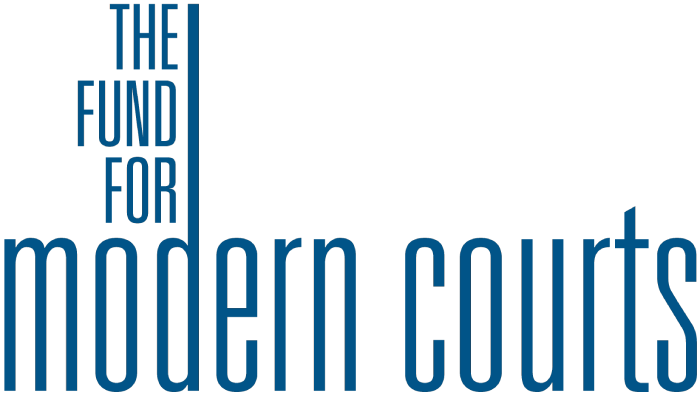Our member law firms provide pro bono amicus support on issues critical to an independent judiciary.
Court Cases
Williams-Yulee v. Florida Bar
CHIEF JUSTICE ROBERTS delivered the opinion of the United States Supreme Court, except as to Part II.
In 39 States, voters elect trial or appellate judges at the polls. In an effort to preserve public confidence in the integrity of their judiciaries, many of those States prohibit judges and judicial candidates from personally soliciting funds for their campaigns.
We must decide whether the First Amendment permits such restrictions on speech.
Read MoreIn 39 States, voters elect trial or appellate judges at the polls. In an effort to preserve public confidence in the integrity of their judiciaries, many of those States prohibit judges and judicial candidates from personally soliciting funds for their campaigns.
We must decide whether the First Amendment permits such restrictions on speech.
Caperton v. A. T. Massey Coal Company, Inc.
JUSTICE KENNEDY delivered the opinion of the United States Supreme Court.
In this case the Supreme Court of Appeals of West Virginia reversed a trial court judgment, which had entered a jury verdict of $50 million. Five justices heard the case, and the vote to reverse was 3 to 2. The question presented is whether the Due Process Clause of the Fourteenth Amendment was violated when one of the justices in the majority denied a recusal motion.
Read MoreIn this case the Supreme Court of Appeals of West Virginia reversed a trial court judgment, which had entered a jury verdict of $50 million. Five justices heard the case, and the vote to reverse was 3 to 2. The question presented is whether the Due Process Clause of the Fourteenth Amendment was violated when one of the justices in the majority denied a recusal motion.
NYS Board of Elections v. Lopez Torres
JUSTICE SCALIA delivered the opinion of the United States Supreme Court.
The State of New York requires that political parties select their nominees for Supreme Court Justice at a convention of delegates chosen by party members in a primary election. We consider whether this electoral system violates the First Amendment rights of prospective party candidates.
Read MoreThe State of New York requires that political parties select their nominees for Supreme Court Justice at a convention of delegates chosen by party members in a primary election. We consider whether this electoral system violates the First Amendment rights of prospective party candidates.
Hurrell Harring v. State of New York
New York Court of Appeals
Individuals who, as indigent criminal defendants, were assigned public defenders in various criminal prosecutions brought putative class action against State, alleging that public defense system was deficient and presented unacceptable risk that indigent defendants were being denied constitutional right to counsel.
Read MoreIndividuals who, as indigent criminal defendants, were assigned public defenders in various criminal prosecutions brought putative class action against State, alleging that public defense system was deficient and presented unacceptable risk that indigent defendants were being denied constitutional right to counsel.
